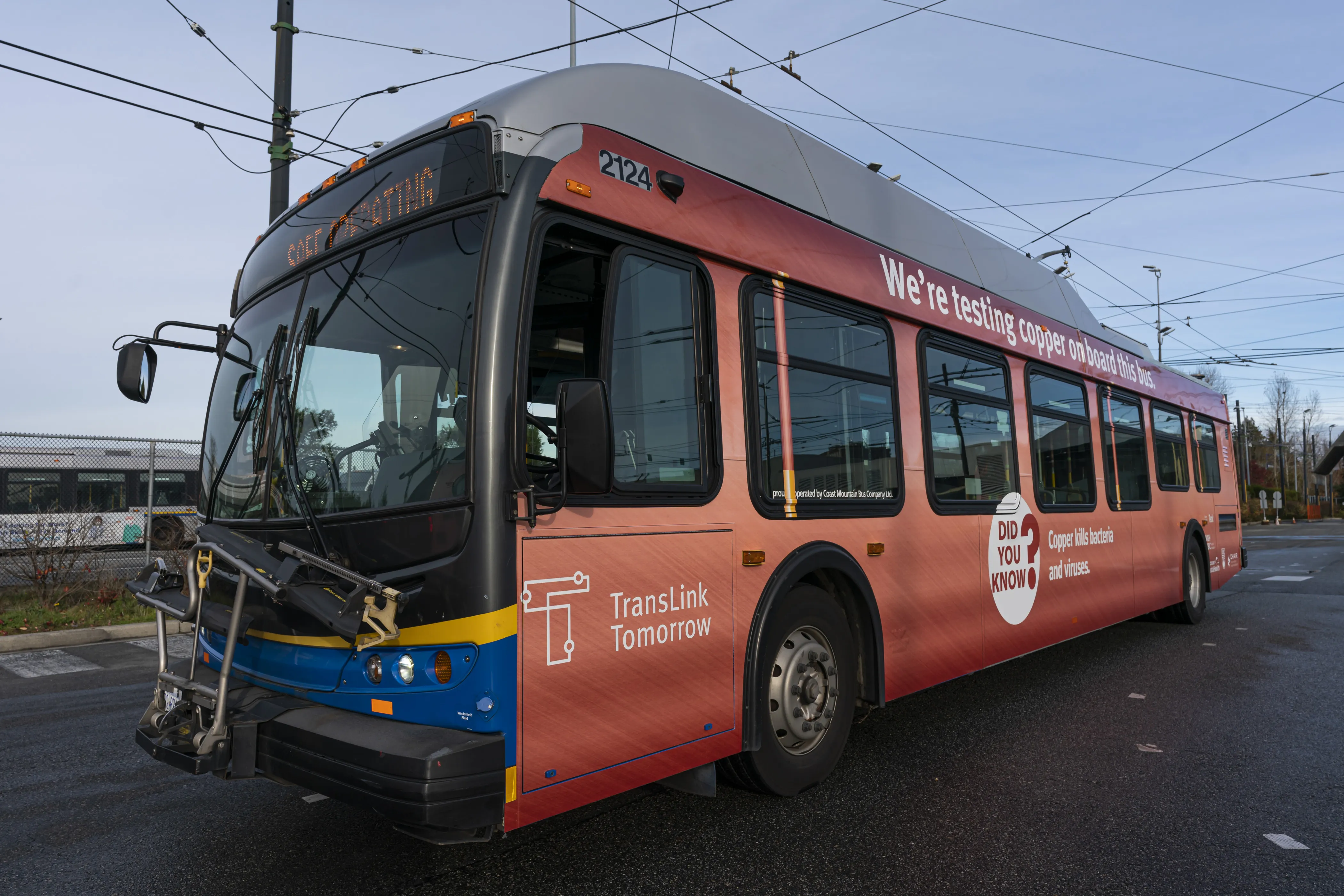This week sees the launch of a second pan-European deployment of hydrogen refuelling infrastructure and passenger and commercial fuel cell electric vehicles.
The six-year Hydrogen Mobility Europe 2 (H2ME 2) project brings together 37 partners from across Europe and will include the deployment and operation of 1,230 fuel cell vehicles, the addition of 20 extra hydrogen-refuelling stations (HRS) to the European network and will test the ability of electrolyser-HRS to help balance the electrical grid. The p
June 15, 2016
Read time: 2 mins
This week sees the launch of a second pan-European deployment of hydrogen refuelling infrastructure and passenger and commercial fuel cell electric vehicles.
The six-year Hydrogen Mobility Europe 2 (H2ME 2) project brings together 37 partners from across Europe and will include the deployment and operation of 1,230 fuel cell vehicles, the addition of 20 extra hydrogen-refuelling stations (HRS) to the European network and will test the ability of electrolyser-HRS to help balance the electrical grid. The project has been developed under the auspices of the Hydrogen Mobility Europe (H2ME) initiative and supported by the Fuel Cells and Hydrogen Joint Undertaking (FCH JU) with funding from the European Union Horizon 2020 programme.
The US$112 million (€100 million) project aims to coordinate European activities and help support the early roll-out of hydrogen vehicles across Europe and will significantly expand the European hydrogen vehicles fleet. In so doing, it intends to confirm the technical and commercial readiness of vehicles, fuelling stations and hydrogen production techniques.
H2ME 2 will produce recommendations and identify any gaps that may prevent full commercialisation, as well as collating results to support future investments.
The six-year Hydrogen Mobility Europe 2 (H2ME 2) project brings together 37 partners from across Europe and will include the deployment and operation of 1,230 fuel cell vehicles, the addition of 20 extra hydrogen-refuelling stations (HRS) to the European network and will test the ability of electrolyser-HRS to help balance the electrical grid. The project has been developed under the auspices of the Hydrogen Mobility Europe (H2ME) initiative and supported by the Fuel Cells and Hydrogen Joint Undertaking (FCH JU) with funding from the European Union Horizon 2020 programme.
The US$112 million (€100 million) project aims to coordinate European activities and help support the early roll-out of hydrogen vehicles across Europe and will significantly expand the European hydrogen vehicles fleet. In so doing, it intends to confirm the technical and commercial readiness of vehicles, fuelling stations and hydrogen production techniques.
H2ME 2 will produce recommendations and identify any gaps that may prevent full commercialisation, as well as collating results to support future investments.








